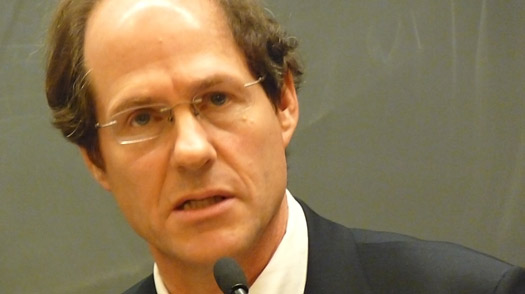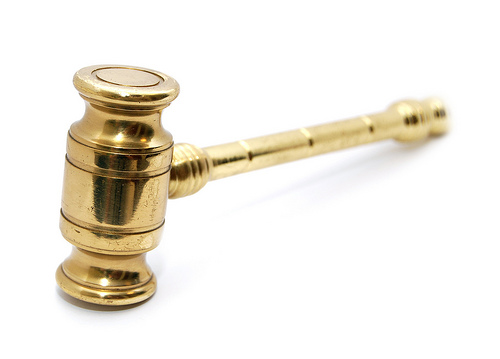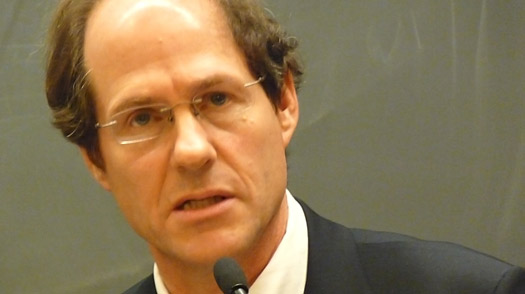 Cass Sunstein.After some minor drama, it looks like Cass Sunstein is finally on the road to confirmation for director of the Office of Information and Regulatory Affairs (OIRA) after being nominated by President Obama in January. The Senate should schedule a vote as soon as possible so he can get to work.
Cass Sunstein.After some minor drama, it looks like Cass Sunstein is finally on the road to confirmation for director of the Office of Information and Regulatory Affairs (OIRA) after being nominated by President Obama in January. The Senate should schedule a vote as soon as possible so he can get to work.
As I’ve mentioned before, Sunstein’s appointment is pivotal for environmental regulation and green advocates should be looking forward to his first official day on the job.
His inbox is probably overflowing with tasks, but here are the top three that he should work on first:
(1) Work with EPA to do a study of the costs and benefits of ACES.
This enormous but extraordinarily important bill is facing a tougher slog in the Senate than it did in the House. While there are places for improvement, it is vital not to lose momentum. In order to get it through without watering it down beyond recognition, we need to focus on the pros as much as the cons. A full economic analysis of the bill will highlight how much we have to lose by failing to act, and give guidance to Senators who are on the fence.
In his new role, Sunstein can work with EPA to run the numbers. I suspect a neutral cost-benefit analysis would strongly support limits on greenhouse gases at least as strong as those in ACES. This would be powerful evidence for Senators deciding which way to vote.
(2) Work with regulators in other countries to promote balanced economic analysis cooperation across the globe.
Cost-benefit analysis is starting to be used more regularly the world over, and has taken firm hold in Europe where not only regulations but all new EU-level legislation is subjected to strict analysis.
The United States should take a leadership role to make sure that economics is used to protect the environment and public health, not to slow down much-needed progress on these issues. Sunstein could play a major part in making this happen.
(3) Move forward with a revised Executive Order on cost-benefit analysis.
President Obama is poised to revise the way the administration conducts cost-benefit analysis to make the process more even-handed. Environmentalists should be watching this like hawks because these changes should help make the economic case for stronger environmental regulation. The effect will be a balancing of the scales to ensure that the benefits of addressing climate change, for example, will be counted with as much weight as the costs.
With economic arguments in hand, advocates will have an easier time showing that it pays to protect the environment. As we climb our way out of the recession, there will be no more valuable tool.



